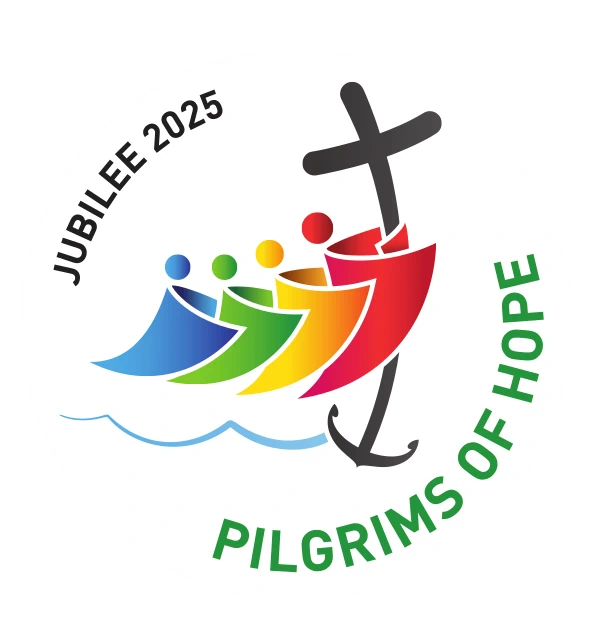Geography
Intent
The Humanities faculty aims to build global citizens by developing pupils’ wider awareness of local, national, and global issues both past and present. We build our curriculum around Catholic Social Teaching and the British values of democracy, the rule of law, individual liberty, and tolerance to enable students to appreciate the world around them, whilst working closely with other departments to form cross-curricular links.
Our Geography curriculum is fully inclusive and fully meets the National Curriculum Programme of Study and the AQA Geography GCSE. It is delivered in discrete units, which develop a knowledge of:
- The local area and contrasting regions of the world.
- The physical processes which shape the Earth and human interactions with these
- Human activities in relation to social, urban, and economic geographical issues
- The way in which people interact with each other and with their environments.
Implementation
Geography develops the need for understanding; to respect diversity, culture, and the world around us. Global issues are covered throughout the geography curriculum, such as physical processes and human implications, differences between developed and developing nations and economies. Assessment is both summative and formative and focuses on both the acquisition of knowledge and key geographical skills. Skills that pupils develop include map work, fieldwork, interpreting ordinance survey maps and geographical data, utilising grid references and geographical information systems. The themes for Geography are:
- Geographical skills
- Place and space
- Our developing and changing world
- Nature, society and future challenges
- Development, urban issues and challenges
- Natural hazards and landscapes
- UK changing economy and urban development
Impact
- Providing pupils with cultural capital and an interest in the humanities subjects beyond their time at secondary school.
- The study of Geography should cultivate an enthusiasm about pupils’ local, national and global environment. This is achieved by adopting a wide variety of teaching methods and assessments including participation in trips and fieldwork activities.
- Enabling students to acquire desirable skills to take into further education and the workplace.
- Providing a foundation for all students to reach their potential as global Catholic citizens.




